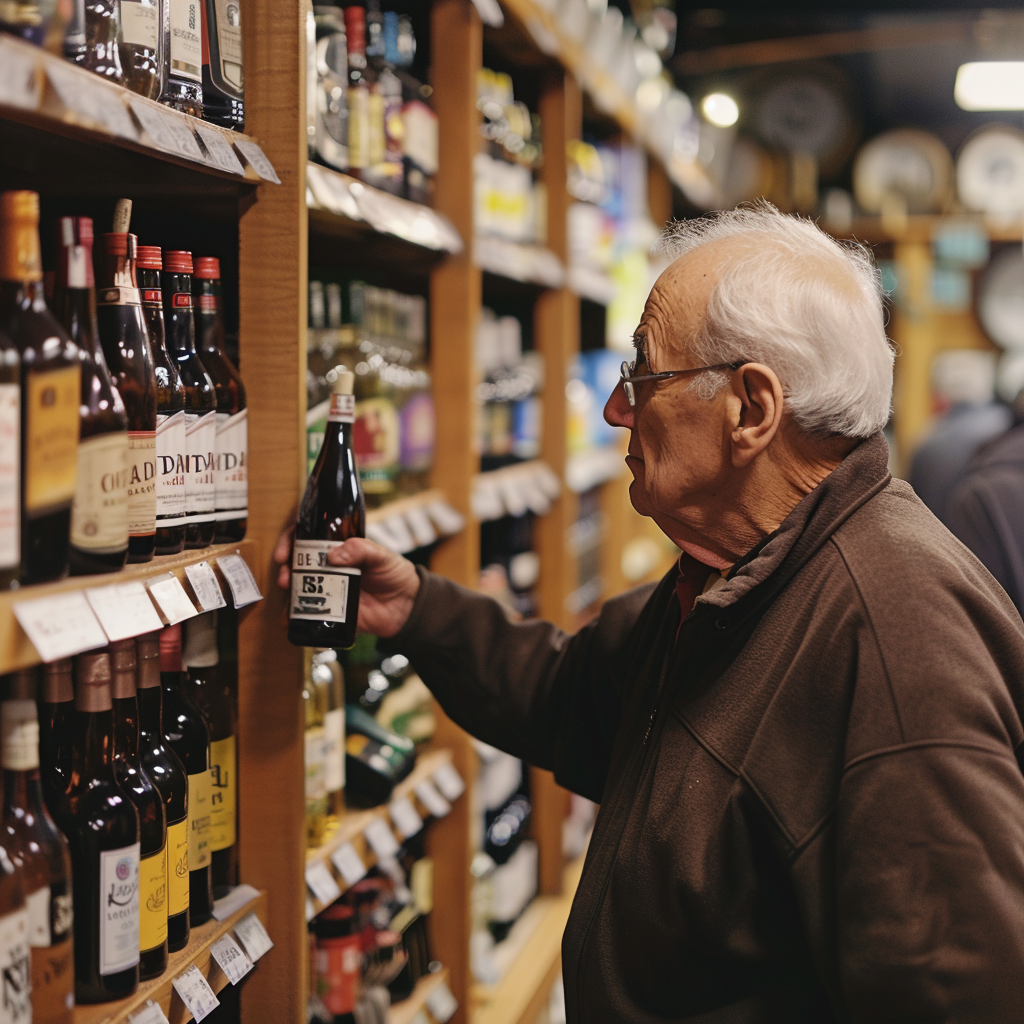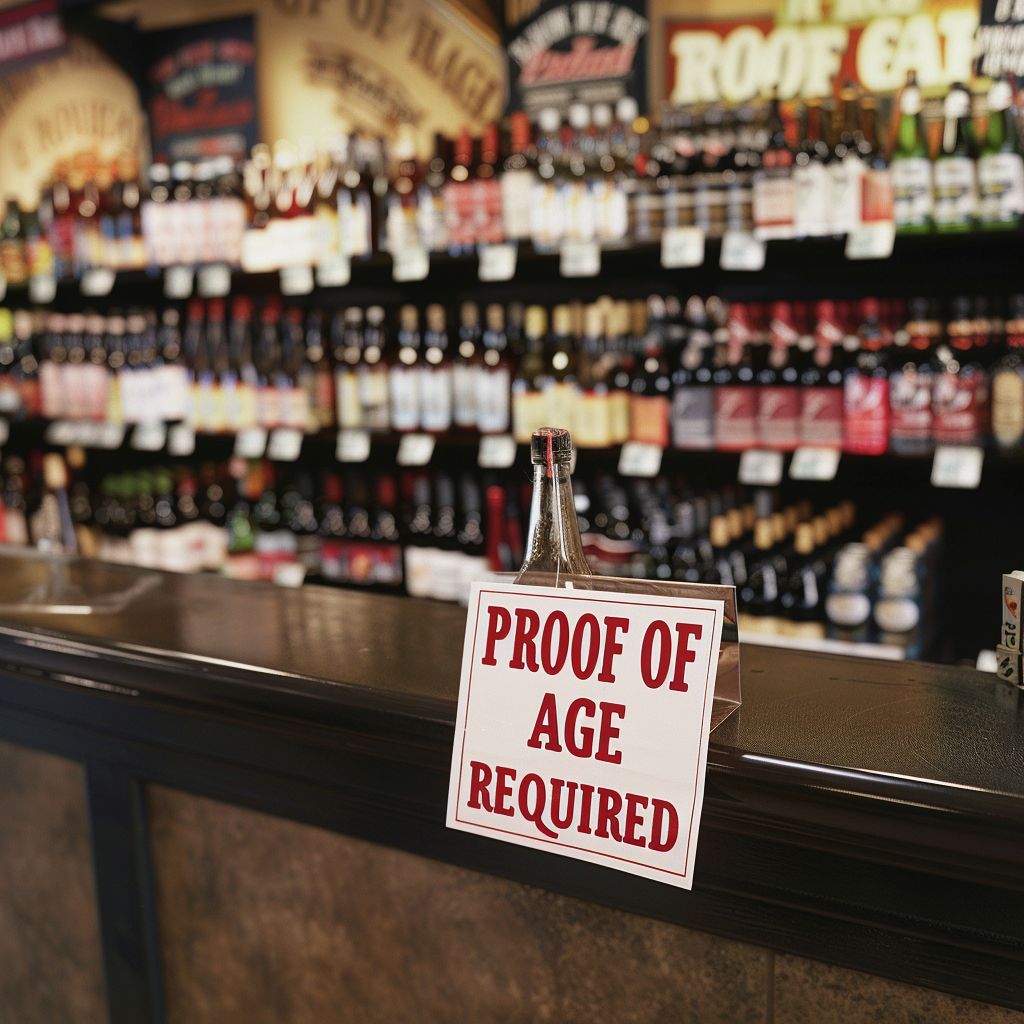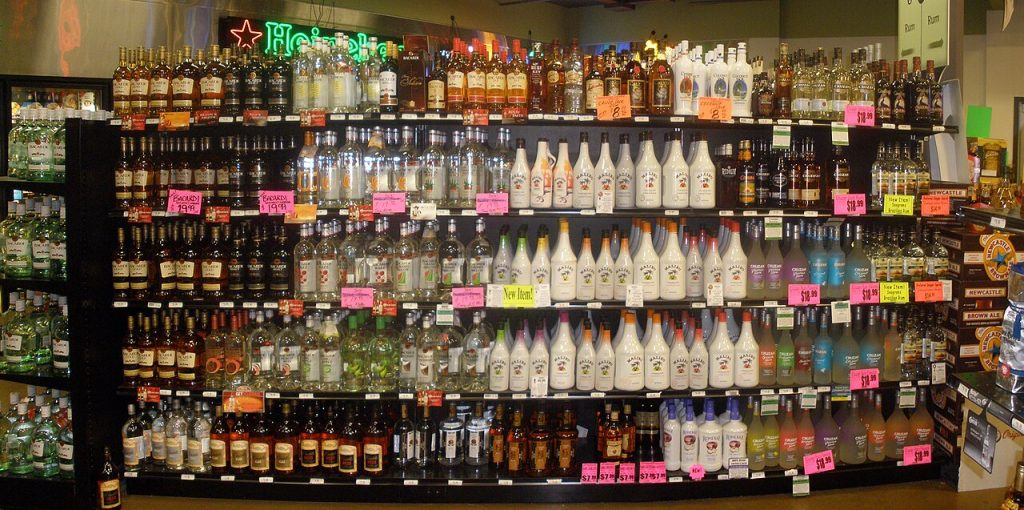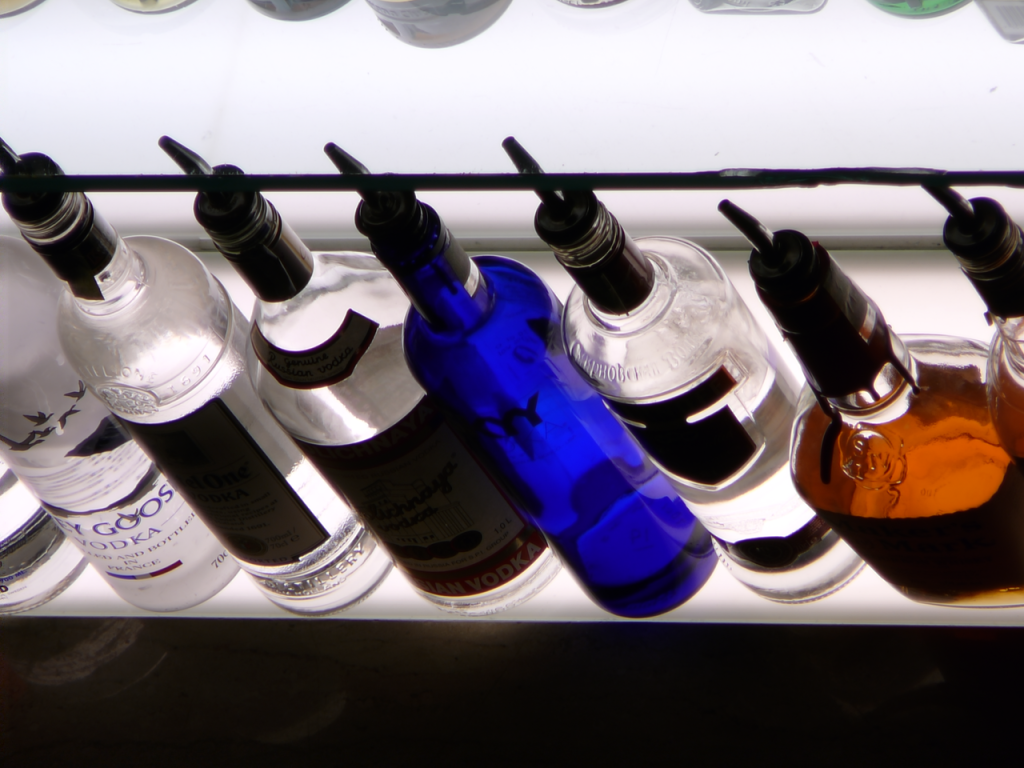The governor has recently signed into law a significant piece of legislation that alters the landscape for alcohol sales in Oklahoma. House Bill 3571, championed by Rep. Robert Manger of Oklahoma City, is poised to reshape the requirement for businesses to scrutinize IDs before serving alcohol.

At its core, this bill offers businesses the discretion to decide whether or not to check IDs while still upholding their responsibility to prevent alcohol sales to minors.

The impetus behind HB3571 stemmed from a personal anecdote shared by Rep. Manger, who recounted an incident involving a friend who, at the ripe age of 90, was denied a beer due to lack of identification. Termed “Odell’s Law” after the individual in question, the bill seeks to alleviate the burdensome obligation of mandatory ID checks, granting individuals of legal drinking age the freedom to purchase alcohol without presenting identification, should they choose not to or simply forget.

It’s important to note that while HB3571 provides this discretion, it doesn’t negate the option for businesses to maintain their own policies mandating ID verification. As Rep. Manger emphasizes, this legislation is grounded in common sense, aiming to strike a balance between facilitating alcohol sales for legal consumers and upholding accountability for preventing underage drinking.

The legislative journey of HB3571 saw bipartisan support, with Sen. Darrell Weaver of Moore championing the bill in the Senate. Sen. Weaver lauds the bill for its pragmatic approach, acknowledging the necessity of empowering businesses while safeguarding against underage alcohol sales. By granting businesses the autonomy to decide on ID checks, the legislation not only simplifies operations but also ensures that law-abiding citizens aren’t needlessly inconvenienced in their alcohol purchases.

Come November 1, Odell’s Law will officially take effect, marking a significant shift in alcohol sales regulations in Oklahoma.

With its enactment, businesses across the state will have the flexibility to adapt their practices according to their own discretion, aligning with the overarching goal of fostering a pro-business environment that benefits both consumers and establishments alike.





